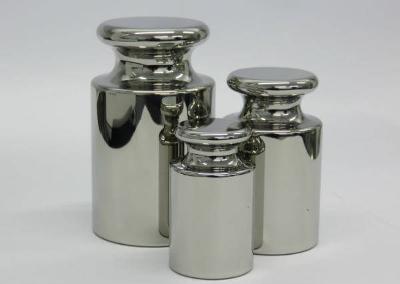Webpages related to the Norfolk Calibration Services section
See more (Go to Webpages related to the Norfolk Calibration Services section)Why calibrate?

If you perform measurements as part of your business, it's essential you can rely on them.
Accurate measurement increases profits and customer satisfaction as it:
- Reduces waste
- Improves reliability of your product or service
Ensuring accuracy
There are several businesses that offer calibration. But some don't have the facilities or equipment to calibrate instruments with accuracy.
For instance, you must calibrate weights against specific reference standards. You must also do this within environmentally-controlled laboratories using proven methods.
You should use a laboratory that's accredited by UKAS (the United Kingdom Accreditation Service) for the equipment you want calibrating.
No measurement is 100% accurate and there are always small uncertainties. A laboratory that's UKAS accredited will calculate these to provide an overall uncertainty of measurement.
If you can't prove this uncertainty, your measurement may not be as accurate as you think.
UKAS-accredited calibration
UKAS accreditation means we're accredited to the ISO/IEC 17025 standard. During our annual assessment we must prove:
- The technical competence of our staff
- We hold all the technical resources needed for reliable and accurate data and associated calibration results. This is for those measurements we're accredited for: ie mass (weights) and non-automatic weighing instruments (balances, scales, etc.).
This means you can have confidence in the certificates of calibration we issue.
ISO9001 certified calibration
UKAS accreditation provides the highest levels of confidence in measurement. You may not need that level of calibration.
But we apply the same principles and standards to all calibrations we perform. They're also usually performed in the same laboratories.
We guarantee a quality, customer-focused service. It's based on almost 100 years of combined knowledge and experience.

